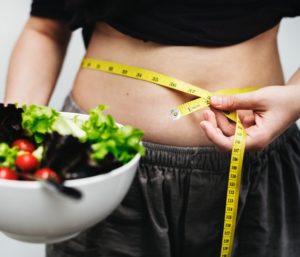Will Food mechanisation mean less taste and more plastic

More and more industries are using machines to reduce labour cost and increase productivity. Food & farming has followed but often resulting in loss of flavour, an increased use of plastic, but no reduction in cost to the consumer.
I can buy local strawberries for instance, picked by hand and packaged in a cardboard punnet, cheaper than supermarket ones that have been machine picked, and packed in plastic. And the local ones are fresher and taste 10 times better.
‘How is this possible’ I hear you ask?
‘Taste’ the supermarket strawberries have to be a modern variety bred to be picked by machine and have a long shelf life to satisfy the time in the supply chain and on the supermarket shelf.
‘Plastic’ is required for the supply chain for stacking, avoiding contamination and to maintain freshness.
‘Cheaper’ because the local strawberries come direct from the farmer who is getting 100% of the retail price instead of around 10%-20% if he sells to a packer, distributor, and via a supermarket.
This is the price we currently pay for the convenience of buying everything in one big shop.

How much does bad food cost the NHS & taxpayer
– Soil health and animal welfare from intensive farming,
– Human health as we are more influenced by marketeers selling us junk food and sugary drinks, than healthy, fresh local, seasonal foods. (20% of NHS spend is on Food related disease).
– Waste, as farmers overproduce for the supermarket’s demands and increased use of plastic for the long, and often global, supply chains.
As a 5th generation farmer I have seen the number of people working on our farm decrease from 50, to just 1, in 40 years. And the range of crops decrease from a 20 different food crops, mostly vegetables, to only 3 commodity crops (wheat, oilseed rape & dried peas).
This has meant a loss of local jobs, a sense of community and people becoming disconnected from where their food comes from.
90% of all food is now bought in supermarkets who will only deal with big suppliers providing the lowest prices and guaranteed supply. For instance; one third of all poultry products in the UK come from £3.1b turnover company 2 Sisters.
As a result, on average, only 9p in every £1 spent on food in a supermarket goes to farmers. And studies show that the real cost of food, when the above extra costs are included, is almost double what we pay.
What a mess! Or even an emergency? No wonder the government have commissioned the first National Food Strategy since the Second World War. And perhaps many of the Brexit voters did so wanting to move away from EU’s cheap food Policy.
We need the government to take action and change the way we shop. Your comments welcome below.